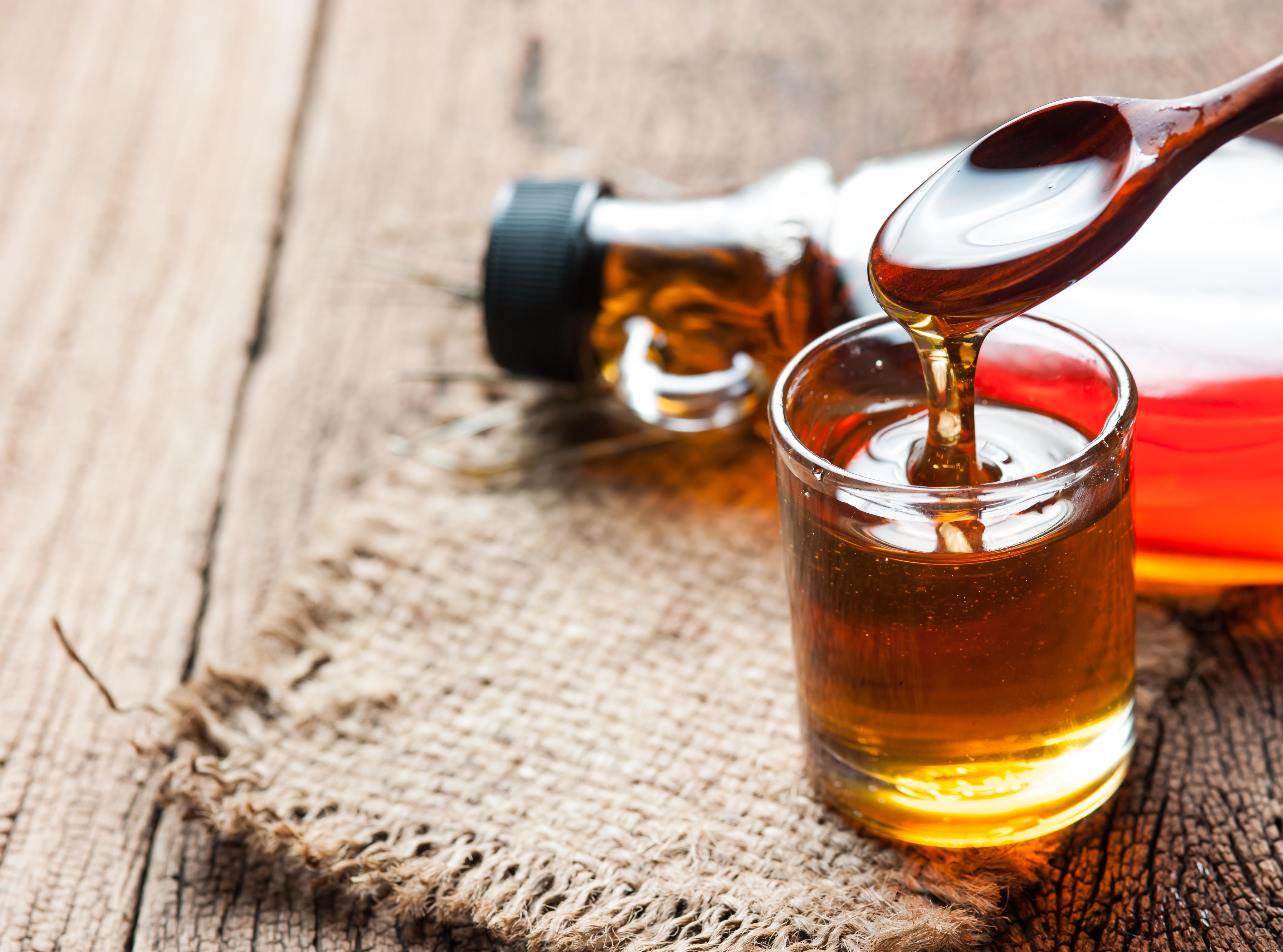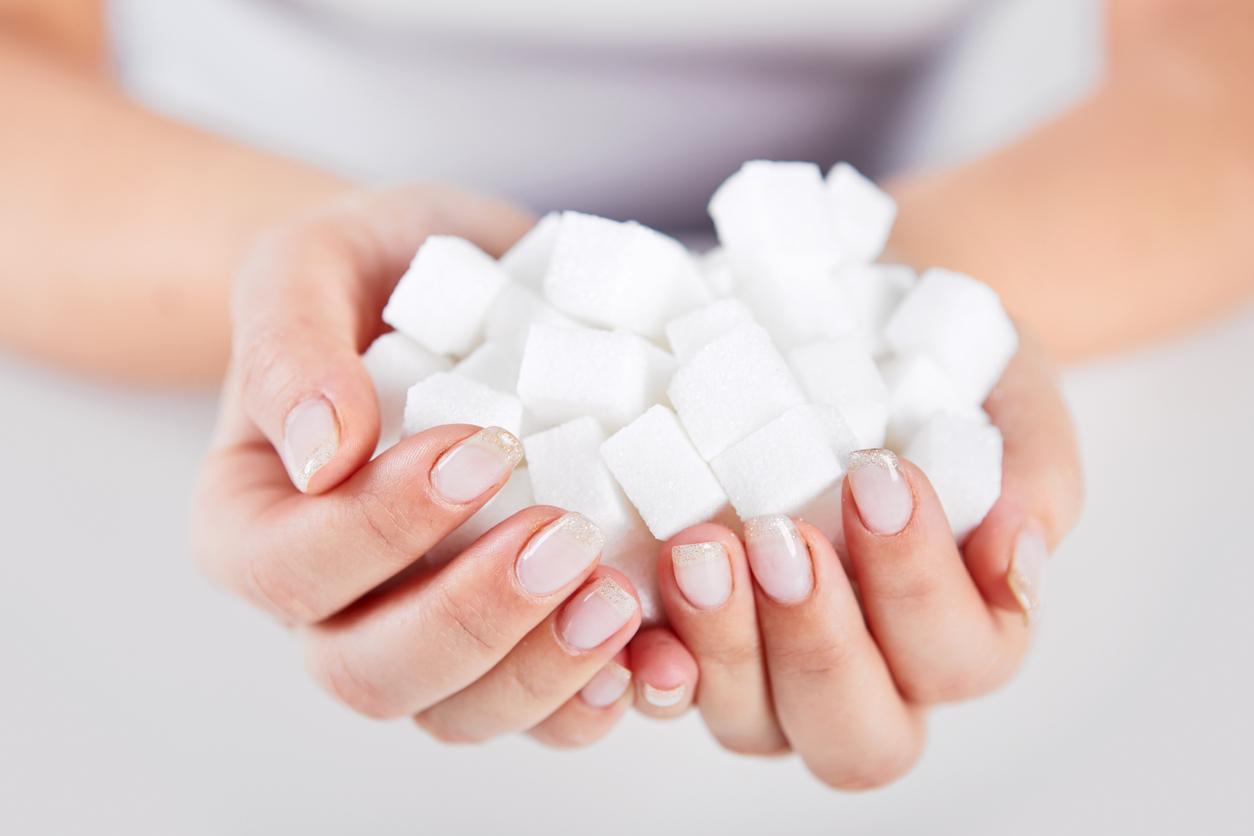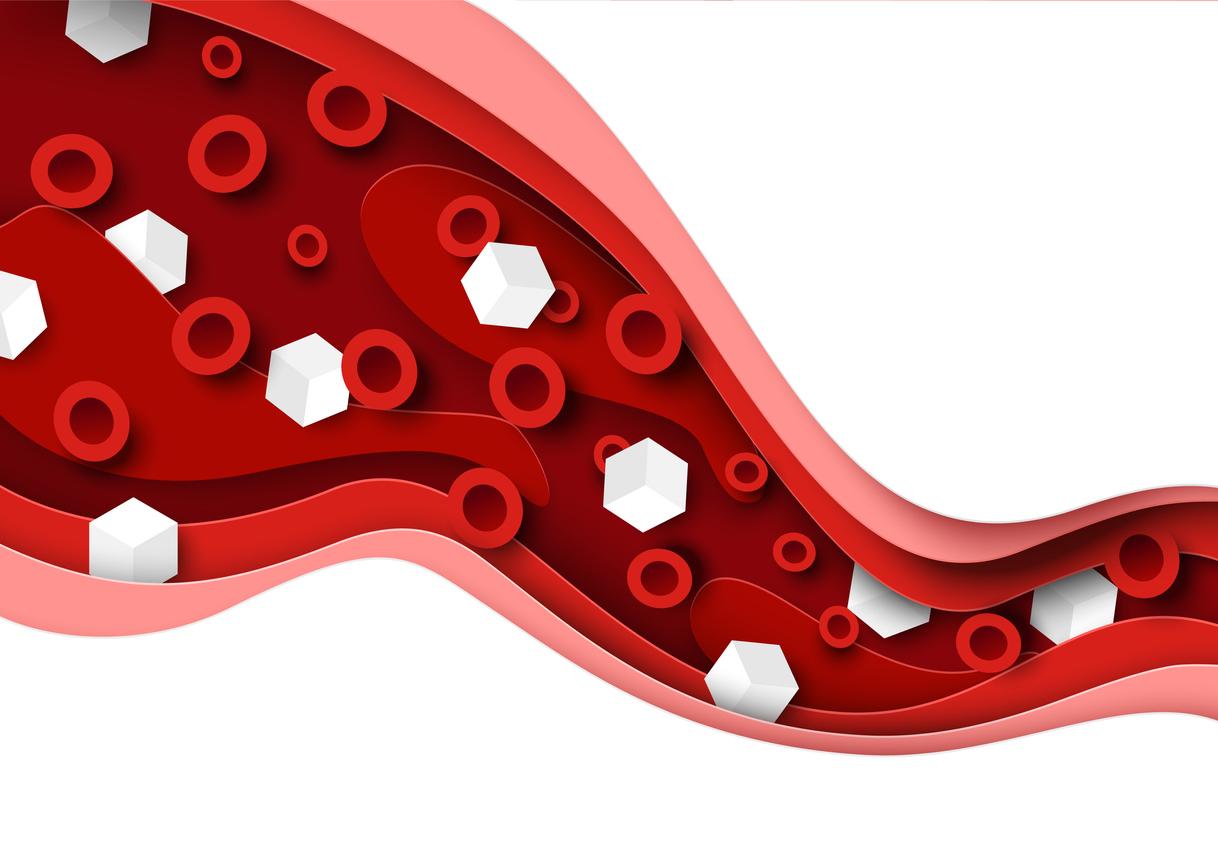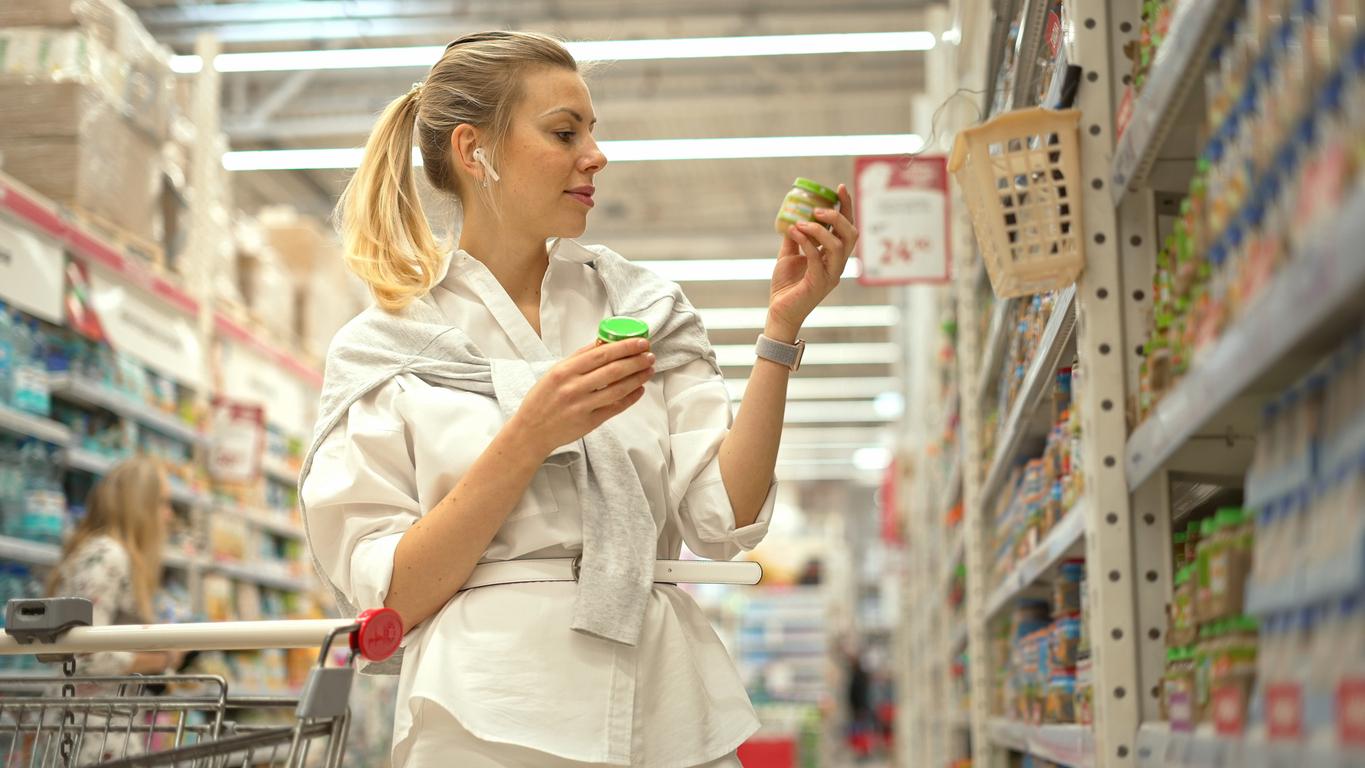On Wednesday, MEPs opposed a measure to increase the presence of sugar in infant formula.

At the European Parliament in Strasbourg on Wednesday, MEPs opposed a community regulation authorizing a sugar level three times higher than the recommendations of the World Health Organization (WHO) in baby food preparations.
The text of the European Commission, a delegated act resulting from the overhaul of an existing regulation, in fact maintained the standard of 7.5 grams of sugar per 100 Kcal (100 calories in terms of diet), or 30 Kcal or 30% of the total. The WHO recommends limiting the amount of added sugar to less than 10% of the energy intake of a food for infants in order to prevent them from the risk of obesity.
For this reason, the objection raised by the Greens to this lax act towards the agro-food industry was approved by 393 votes in favor and 305 against and 12 abstentions. MEPs also asked the European Commission to submit a new proposal to them taking into account the latest scientific data.
An amendment against GMOs
In a statement, Michèle Rivasi, Vice-President Verts-ALE and member of the “Environment” committee is obviously satisfied: “We are also delighted that the majority of deputies have accepted our amendment to refuse the presence of GMOs and nanomaterials in food for infants, she adds. It’s a first step in the right direction, ”she thinks.
The objection also provides that the labeling of processed baby foods should make it clear that these products are not suitable for infants under six months of age and should not undermine the recommendation on exclusive breastfeeding during pregnancy. first six months.
The fight against disruptors undermined
Nevertheless, elected environmentalists regret not having been followed in their fight against endocrine disruptors against which they recommend “zero tolerance”. Pesticides are indeed endocrine disruptors and children are the most sensitive to these substances.
“Accepting residues of endocrine disruptors makes no scientific sense since these substances are said to be” without threshold “. That is to say that it is not the dose that makes the poison but the moment in our life to which we are exposed to these products. The majority of European parliamentarians still do not understand this, ”deplores Michèle Rivasi.
.

















